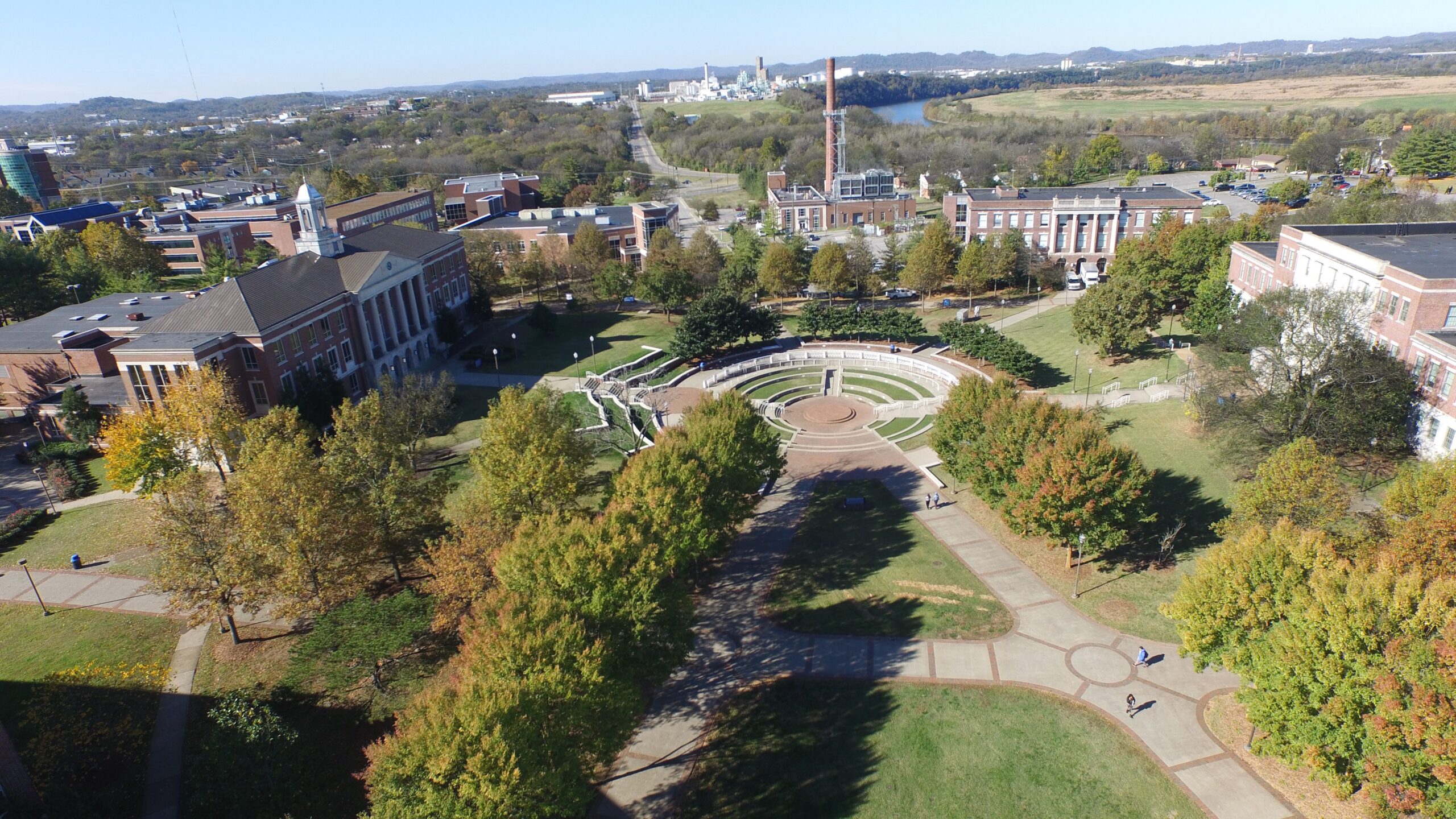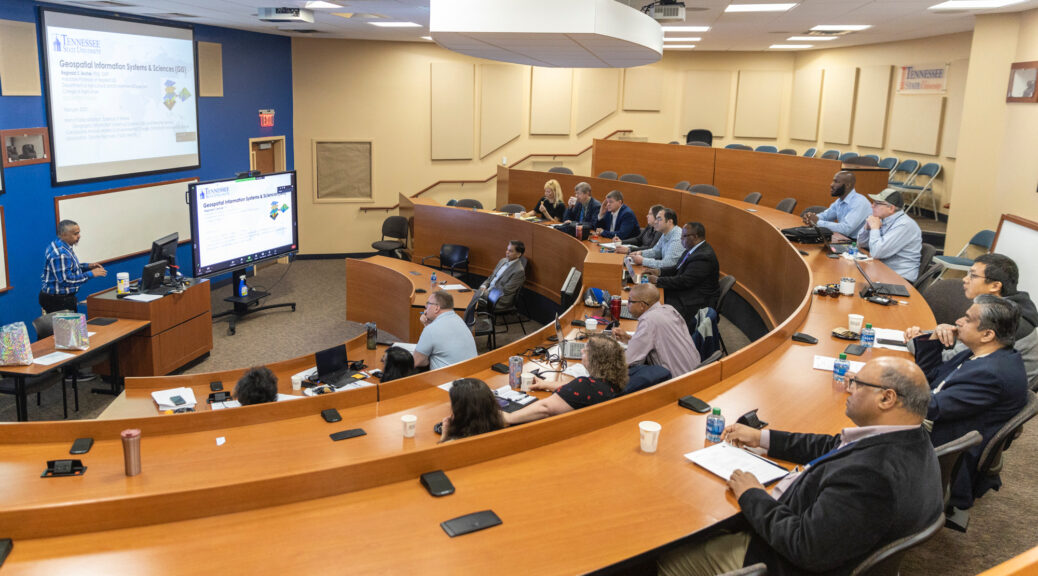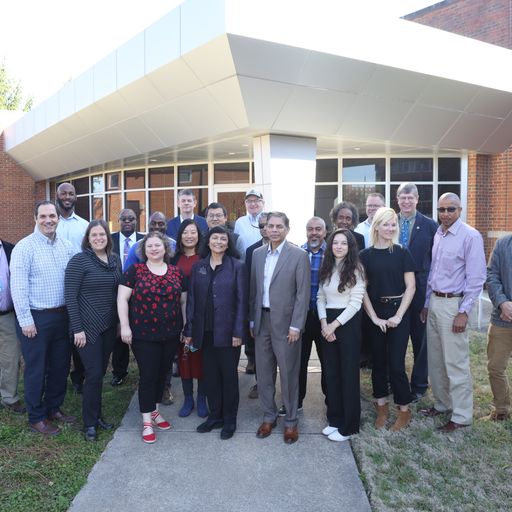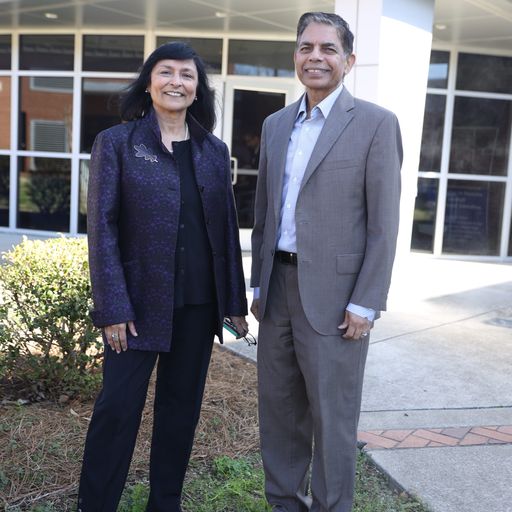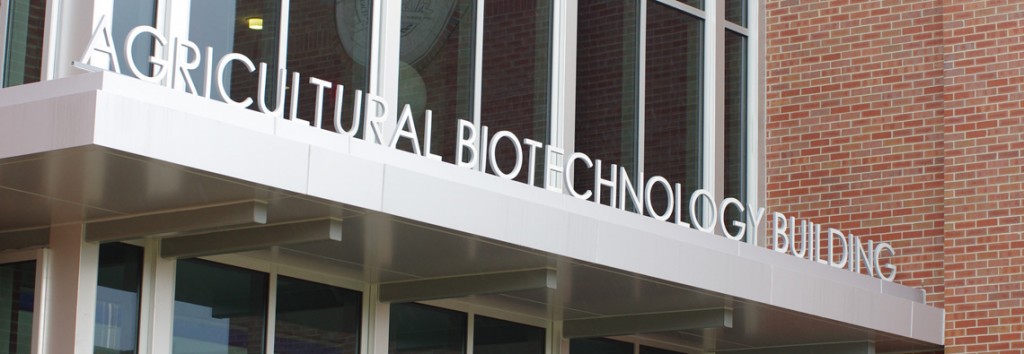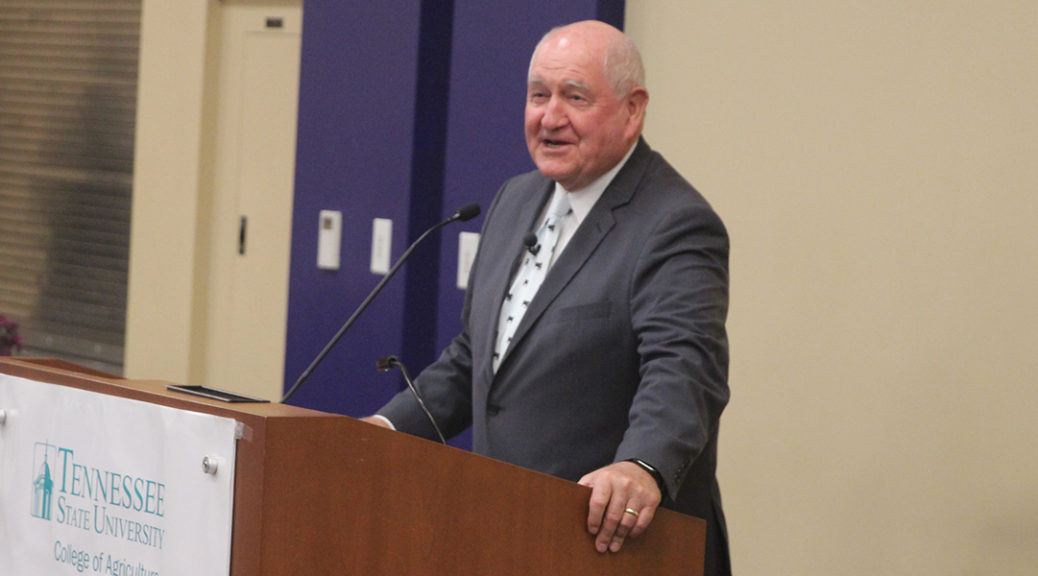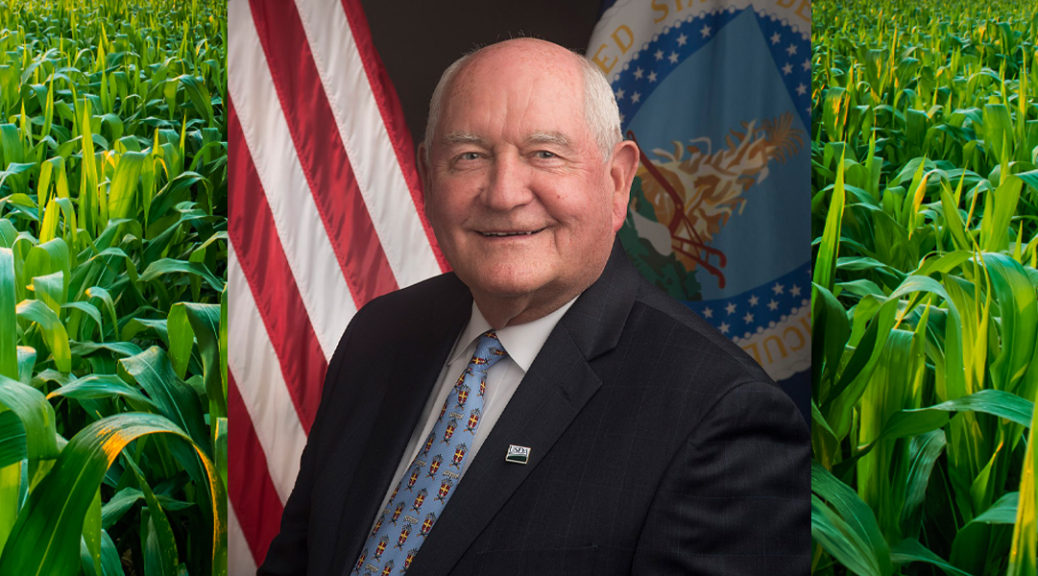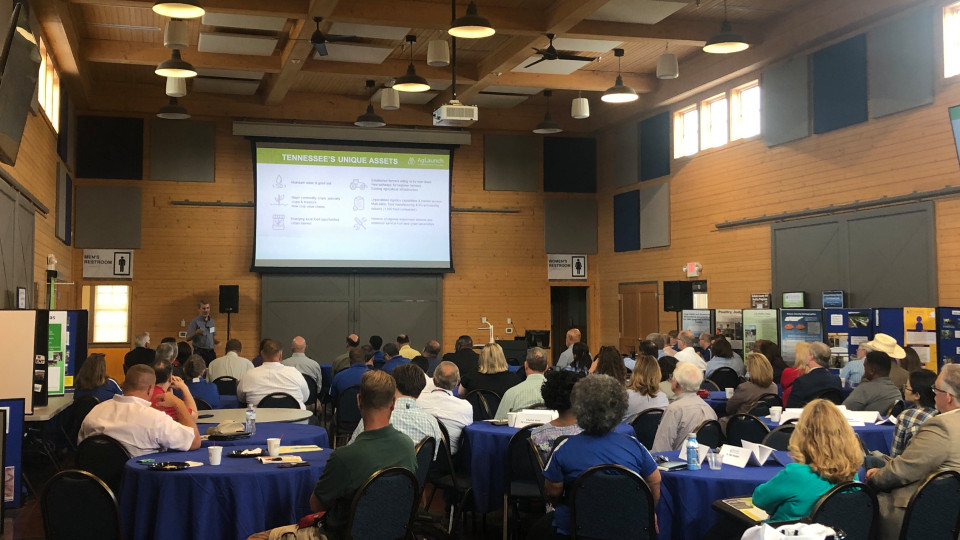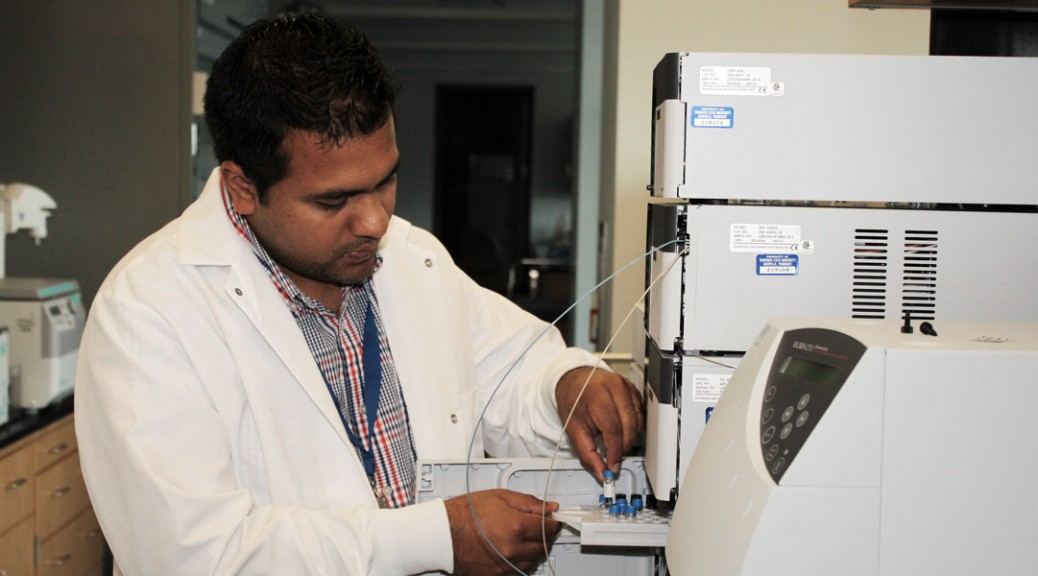NASHVILLE, Tenn. (TSU News Service) – Early childcare for Tennessee families and global food security are among the top areas Tennessee State University is focusing on as the University reports continued record growth in research funding. TSU’s external research funding is just over $70.2 million with four months remaining in the 2022-2023 submission cycle. To date, the University’s Center of Excellence for Learning Sciences and the College of Agriculture have received the largest single awards totaling $28.9 million.
“TSU’s continued high research output and funded awards are a true testament to the hard work and commitment of our faculty and staff, especially as we also focus our attention on moving from an R2 to R1, the highest research designation, under the Carnegie Classification of Institutions of Higher Learning,” says TSU President Glenda Glover.

“A crucial cornerstone of an institution’s success is measured through its research and just as important is how that research will benefit our communities.”
For its work with children and families, the TSU Center of Excellence for Learning Sciences received a total $18,958, 417 in federal and state funding. The Center is using the grants to fund childcare and family support programs in Tennessee. Of that amount, nearly $5.3 million came from the Administration for Children and Families, Office of Head Start (ACF/OHS) to support Head Start and two Early Head Start-Child Care Partnership programs; and just under $13.7 million came from the Tennessee Department of Human Services (HHS/TDHS) to support the Tennessee Early Childhood Training Alliance and Tennessee Family Child Care Network.
The funding will provide services to 256 children and families and employ approximately 115 staff needed across the state.
“The Center is proud of the work we do to support children, families, and professionals within the early childhood community,” says COELS’ director Dr. Kimberly Smith. “We remain focused on educating and uplifting the early childhood workforce in Tennessee and we remain committed to improving the lives of the families we serve.”
In the College of Agriculture, researchers are using a $10 million capacity building grant from the National Institute of Food and Agriculture (NIFA) to support 57 different projects in agricultural education, agricultural business, biotechnology, food science, animal science, environmental science, renewable energy, and human health and nutrition. Two of the major projects will conduct research to enhance nutritional security and environmental quality.
Dr. Chandra Reddy, dean of the college and principal investigator of the capacity building grant, says the objective is to find solutions to challenges in global food security, enhancing the environmental quality, and nutritional security.
“The other important goal of these projects is the diverse workforce development,” Reddy says. “We are creating new knowledge and graduating diverse background students both at undergraduate and graduate levels. We also share the research findings with public through our statewide extension programs to improve their productivity and quality of life.”
CheKenna Fletcher is a first-year Ph.D. student in agricultural sciences with a concentration in food and animal sciences. Her research focus is on the extraction, isolation, characterization, and application of novel materials in health-promoting food products. She is ecstatic about the amount of funds the university is attracting for research.
“TSU provides students and even professors with various opportunities to conduct research in a variety of fields with global interest,” says Fletcher, of Lebanon, Tennessee. “There are so many conferences, symposiums, and more one can attend to present his/her research, worldwide.”
In the first half of this fiscal year, TSU research proposals garnered more than $68.8 million in external sponsored research funding and now stands at $70.2 million, which is on pace to surpass the record $70.7 million received in 2021. That record-setting year for the University was one of the highest among all HBCUs. The new funding report is a major boost for the University in its continued planning to receive the “R1” research designation. An R1 designation would mean more doctoral programs, research initiatives and funding for students and the university.
Associate Vice President of Research and Sponsored Programs Dr. Quincy Quick, who is leading the R1 designation effort, says the goal is double the total amount of grants received. He believes TSU faculty and staff can ultimately reach the $140 million award mark.
“Our recent historic research productivity and achievement over the last two fiscal years is a consequence of our outstanding and dedicated faculty and staff and their commitment to conducting and performing innovative and transformative high-level research,” says Quick. “Our faculty and staff are enthusiastically engaged in our mission for the highest status as we work collegially and diligently to become the fourth R1 designated institution in the state of Tennessee.”
Here are some of the other top awards received in 2022-23:
- Dr. Andrea Tyler – Title III, $10,254,498 (Department of Education)
- Dr. Quincy Quick – RSP, $5,000,000 (Department of Energy)
- Dr. Karla Addesso – College of Agriculture, $2,479,982 (USDA)
- Dr. Melanie Cantu – College of Agriculture, $2,016,694 (USDA)
- Dr. Rebecca Selove – RSP, $1,772,784 (National Institutes of Health)
- Dr. Deo Chimba – College of Engineering, $1,611,168 (Dept. of Transportation)
- Dr. Margaret Whalen – RSP, $1,255,618 (National Institutes of Health)
- Dr. Roy Sonali – College of Agriculture, $1,158,373 (USDA)
- Dr. Jianwei Li, College of Agriculture, $1,118,709 (USDA)
- Dr. D’Etra Young – College of Agriculture, $1,000,000 (USDA)
- Dr. Robbie Melton – Academic Affairs, $1,000,000 (Apple/Hewlett Packard)
- Dr. Catherine Armwood – College of Engineering, $1,000,000 (NSF)
- Dr. Dafeng Hui – College of Life & Physical Sciences, $1,000,000 (NSF)
- Dr. Lin Li – College of Engineering, $1,000,000 – (NSF)
- Dr. Hongwei Si – College of Agriculture, $1,000,000 (USDA/NSF)
- Dr. Richard Mu – RSP, $1,000,000 (NSF)
